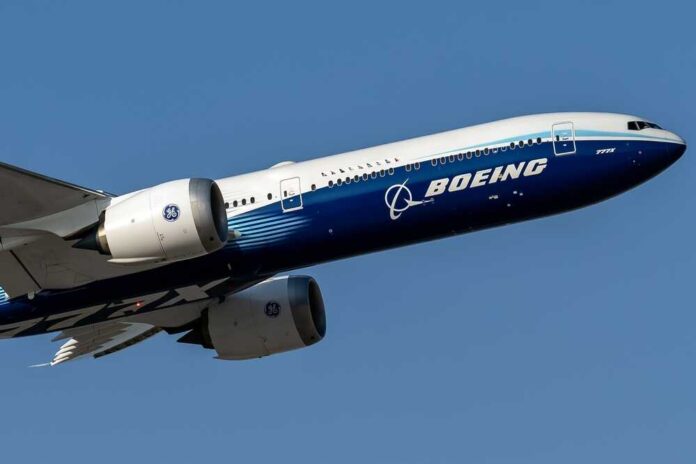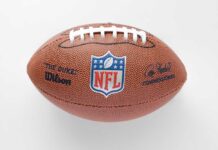Aircraft manufacturer Boeing has responded to criticisms against its 787 Dreamliner and 777 models over their safety and quality testing. This follows recent claims made by an engineer at the corporation that specific shortcuts were used to speed up the aircraft construction process.
Whistleblower Sam Salehpour voiced his worries about the 787 manufacturing process last week, saying that it might reduce the aircraft’s lifetime due to the high stress it exerts on airplane parts. Boeing called the claims “inaccurate” and reiterated its faith in the aircraft’s safety.
Along with another Boeing whistleblower, a former aviation official, and an impartial safety expert, Salehpour is scheduled to speak before a Senate hearing on Wednesday.
Salehpour’s claims come when Boeing is under increased scrutiny due to an incident in January involving a 737 Max aircraft and a blown door plug. Passengers were perilously near a catastrophe on the narrow-body airliner at 16,000 feet. Due to the incident, Boeing is no longer allowed by the FAA to increase the manufacturing of that specific aircraft.
On Monday, two executives in Boeing’s engineering department gave reporters a two-hour rundown of the 787’s stress and safety testing. The aircraft undergoes 165,000 cycles of testing, each mimicking a flight in a distinct environment. In addition, the engineers noted that a 300-pound pendulum struck the fuselage skin.
Boeing’s chief engineer for mechanical and structural engineering, Steve Chisholm, claims that the fuselage panels were subjected to rigorous testing. The standards for these tests were much higher than those that planes commonly face in the air. Surprisingly, the panels’ damage remained unchanged throughout the extensive testing.
Salehpour is worried about the tight areas where the 787’s carbon composite fuselage meets other parts. He claims that Boeing used an aggressive and unsatisfactory technique to assemble the parts and neglected to measure the spaces correctly.
Last week, the whistleblower spoke with reporters and detailed how they saw people physically leaping on the 777 parts to get them to fit together. Boeing issued a statement later that day denying the allegations and reiterating their unwavering faith in the 777 series’ reliability and longevity.
According to Salehpour’s legal team, Boeing retaliated against him after he voiced his concerns. They claim that he was demoted from the 787 program and transferred to the 777 plan and barred from attending meetings.
On April 24, the business will answer investor questions about production rates, FAA supervision, and airplane safety at its quarterly results announcement.


















